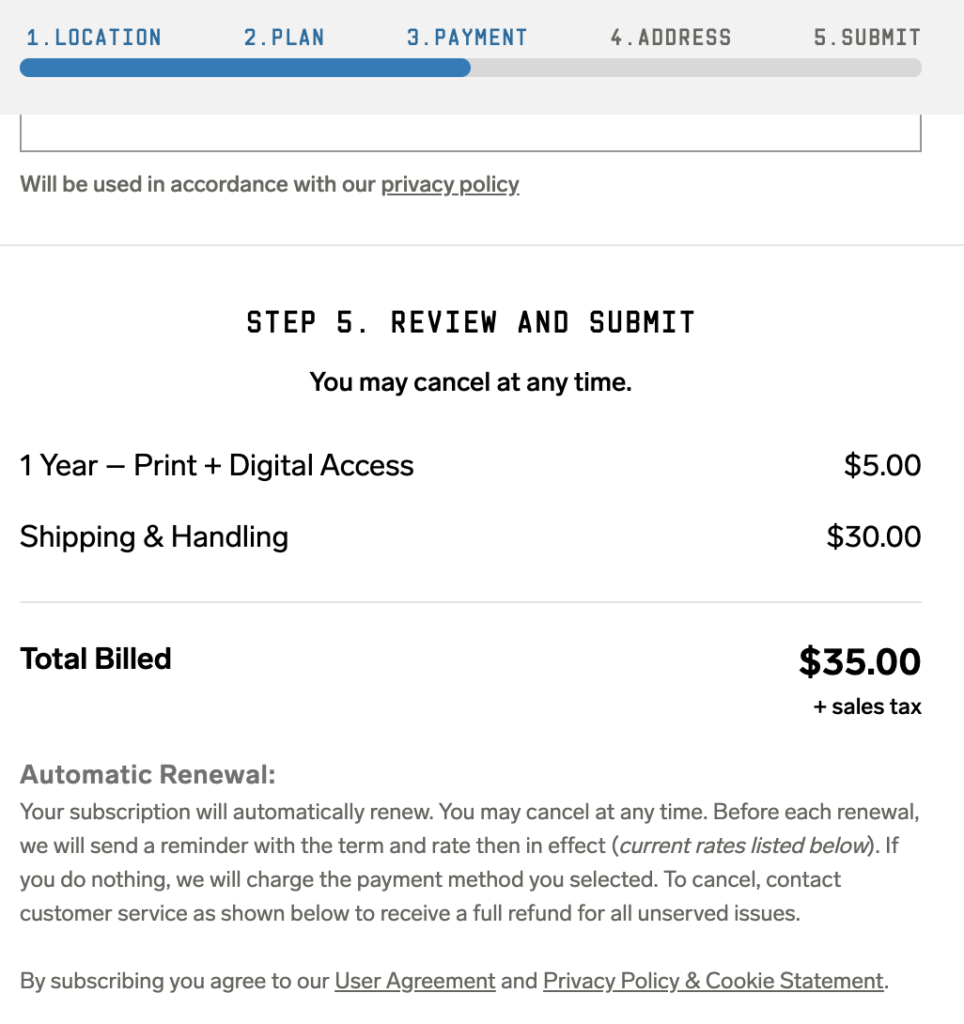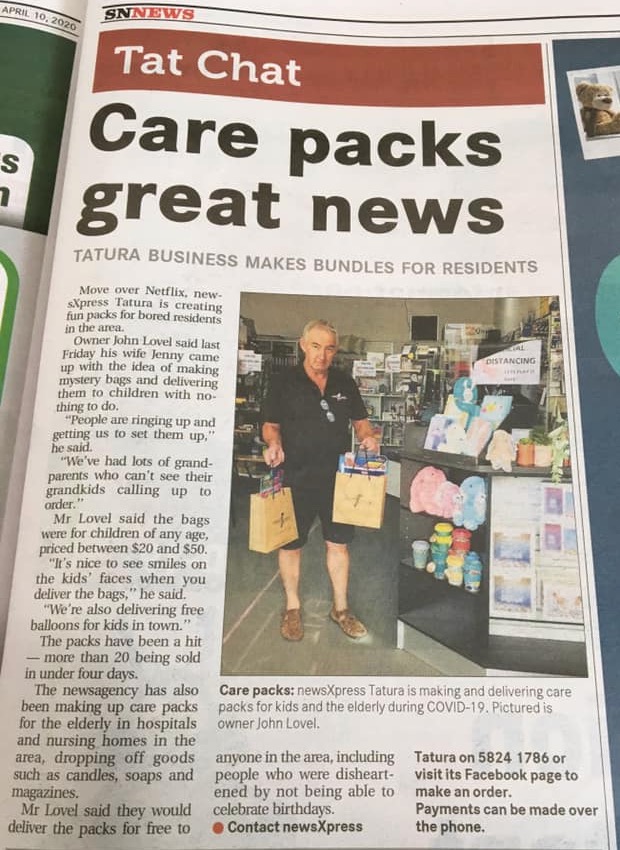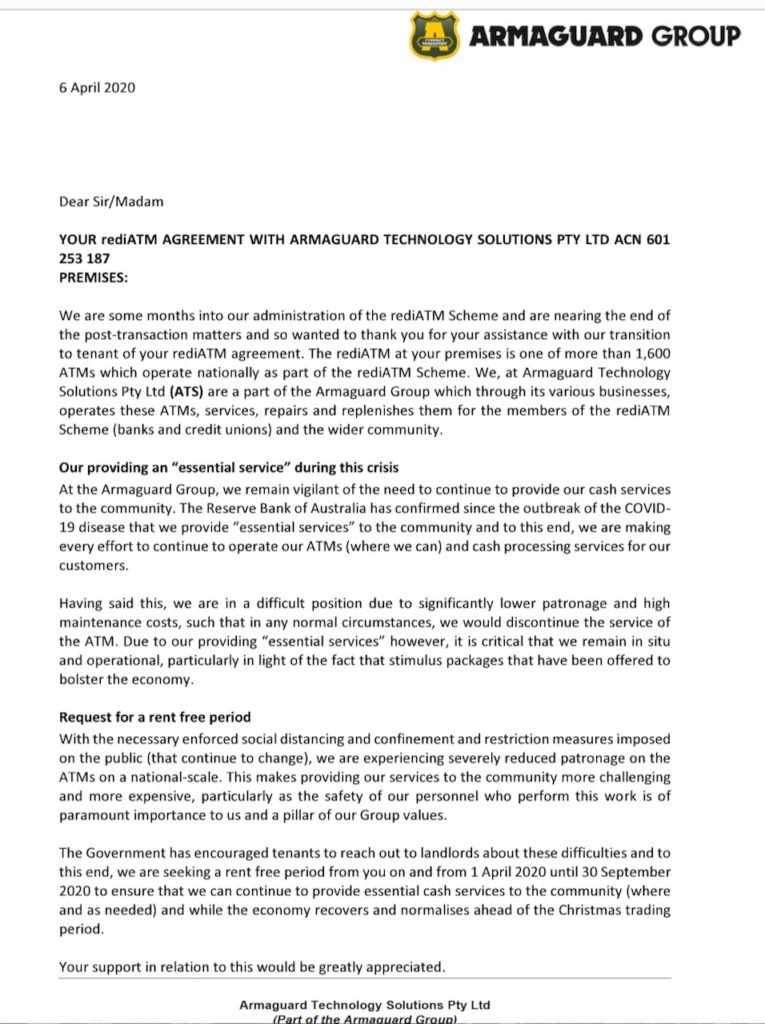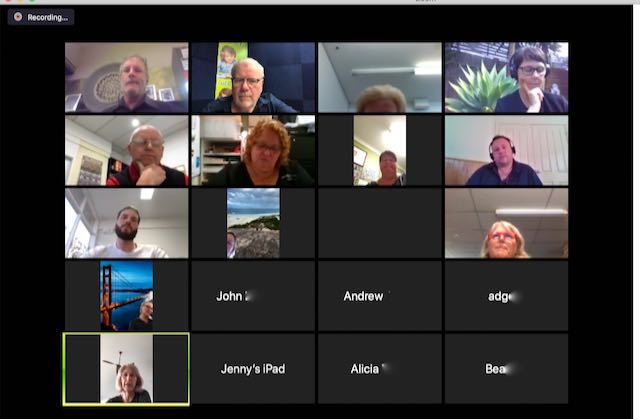How some retail landlords are misbehaving in dealing with COVID-19 relief requests from tenants
Here is a list of information requested by some retail tenancy landlords, including some shopping centre landlords where tenants have registered for JobKeeper, advised they qualify for JobKeeper and provided retail turnover data (in the usual format supplied to the landlord) showing declines of between 30% and 75%. Landlords have asked for information prior to opening discussions on rent.
Note: the list is not from the one landlord.
- Business bank statements for the last 2 years.
- Personal bank statements for the last 2 years for all business owners.
- Tax returns for the last 2 years, certified by your accountant.
- BAS statements for the last 2 years.
- A personal assets list for each owner or shareholder for the business.
- A full stock listing showing age and value of all stock.
- A list of all other businesses you own.
- A list of all other retail tenancies you have.
- Details of all state and federal government COVID-19 related funding and or grants you have applied for.
In my view, landlords have no right to this information. The CODE OF CONDUCT agreed by the national cabinet is clear. If a business applies and meets the criteria for JobKeeper, their lease falls within the details of the code.
The only data points that matters are comparative revenue. This can be provided in the form that has been used for years with most landlords. Their request for it in a different form is not part of the done. Indeed, I suggest that any such request is outside the good faith goals of the code.
I think it is critical that retailers advise state and federal politicians when their landlords seek information outside the code, like any of the information on the above list. At the time of advising politicians, I also suggest advising the office of federal small business and family enterprise ombudsman, the shopping centre council of Australia, the treasurer, prime minister, premier / chief minister, local small business commissioner as well as your local council.
Landlords and tenants have clear obligations under the code. From what I am seeing, too many landlords are misbehaving in their requests for information. I doubt this is due to ignorance. I think it is to create a barrier to providing financial relief to tenants. If it continues, more retail businesses will close for good.







